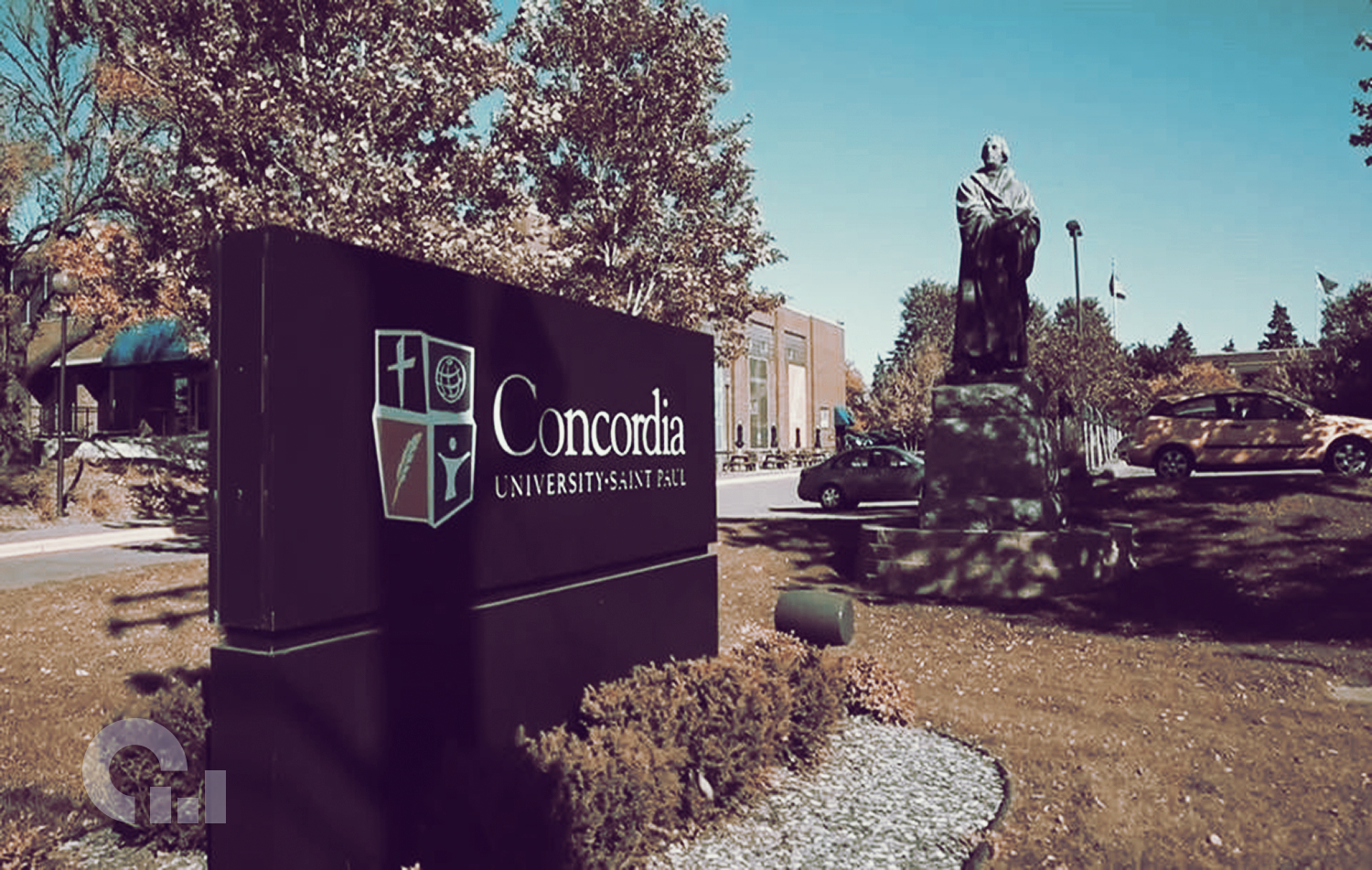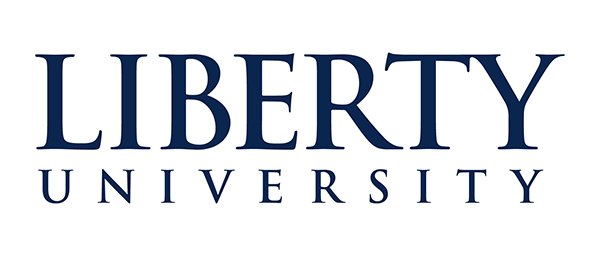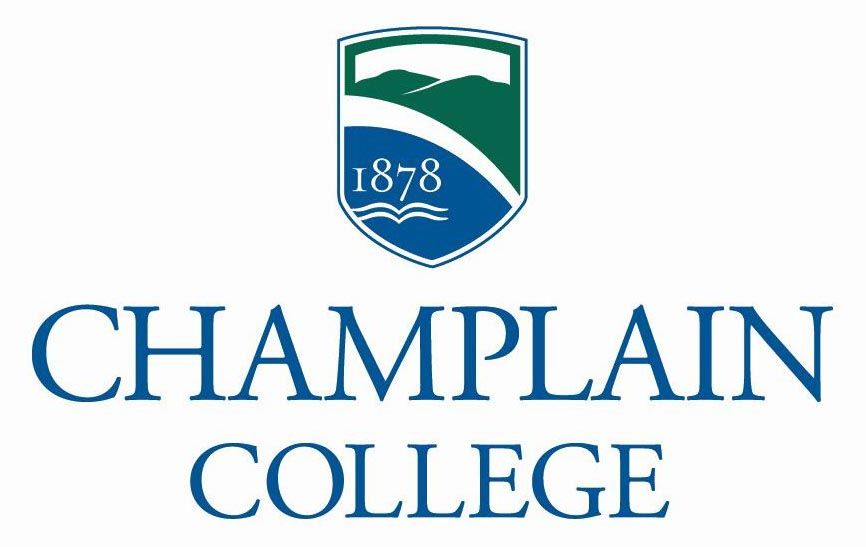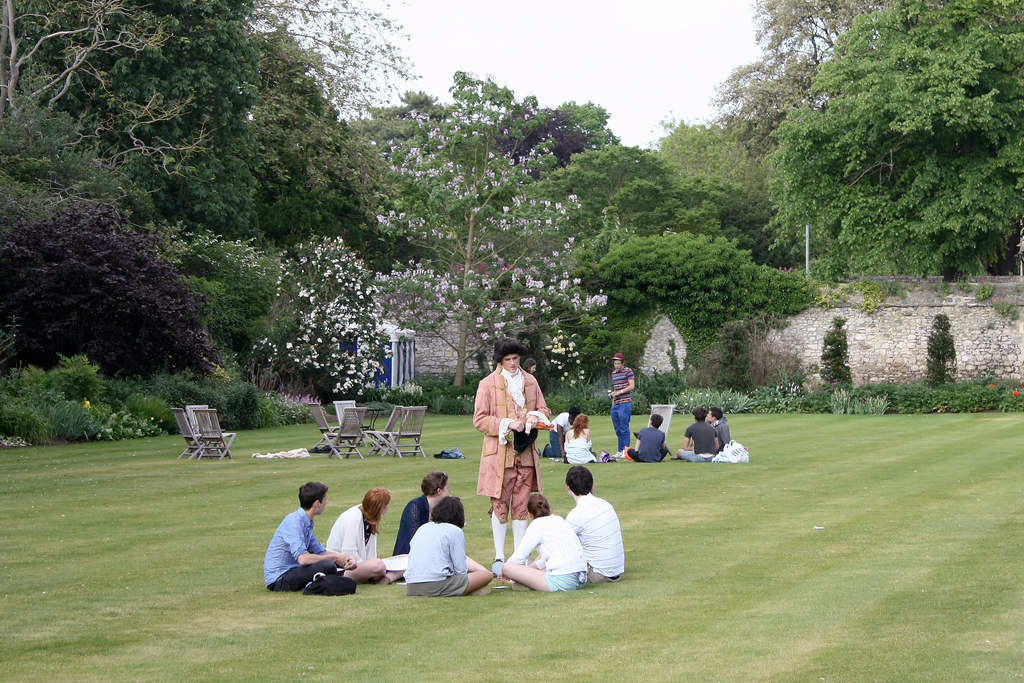Early childhood development is a crucial period of growth for everyone.
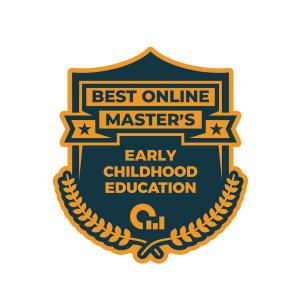
According to Harvard University, a young child’s experiences can have lifelong impacts on learning, behavior and health. Nobel prize-winning economist James Heckman takes the importance of ECD to a new level: Educating young children is the single most important investment for society.
An early childhood educator will make lasting impacts on children for the rest of their lives.
What is an Early Childhood Education degree?
This master’s degree trains students to teach, administrate, and care for children aged zero to eight. An ECE degree furthers leadership and advocacy skills, while focusing on the psychological development of a child.
An ECE degree can train you to become a teacher, administrator, or care giver in a pre-K through third grade setting.
Most programs are between 30-40 credit hours, accounting for 10-12 classes of direct learning experience. Depending on the school, you might enroll as a full-time or part-time student.
If you’re not sure you want to specialize in educating young children, consider testing the field with a general Master’s of Education.
How much can I earn with an Early Childhood Education degree?
With a master’s degree in ECE, kindergarten and elementary school teachers earn an average of $55,490 annually.
Preschool teachers with the same education earn anywhere from $36,400 to $43,492, while preschool directors make an average of $45,000.
Your earning potential rises if you become a teacher with a niche in special education. The median annual income for this career choice is $57,910. Here are the Best Online Master’s Degrees in Special Education.
What is required for an Early Childhood Education degree?
Any master’s program requires that you hold a bachelor’s degree. Many schools expect you to have hands early childhood experience already, either through undergraduate studies or work.
Undergraduate GPA prerequisites range from 2.3 – 3.0. Roughly half the schools on our list require the GRE or MAT for admission consideration.
Most programs integrate a practicum teaching component as a part of fieldwork experience, in addition to your online studies. If you are already teaching or working in a school, this could also apply.
What are the best Early Childhood Education degrees?
OSR uses six data points: three school-wide and three program specific. For school-wide, OSR uses Student Satisfaction, Admission Rates, and the number of programs the school offers online. For program specific, OSR checks the Median Debt of graduates from that program, how many degrees are offered within that program’s umbrella department, and what percentage of students at that school graduated from that department.
The six statistics are displayed by each school. The sliding bar under each statistic represents how that school compares to other US institutions. “Not reported” means a school did not release that information to the US Department of Education. A more detailed description of the OSR process can be found on the methodology page.






